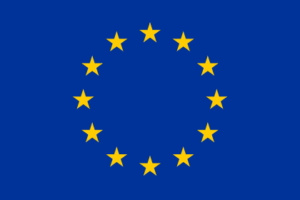Authors: Sara Berge Lorenzen, Cathrine Marie Skovbo Winther,Aina Landsverk Hagen, Julie Ridley & Maria Turda
Handbook of Youth Social Citizen Science (Borgström, D., Canto-Farachala, P., Hagen, A. L., Norvoll, R., Rådmark, L. & Lorenzen, S.B. (Eds.). (2024). Handbook of Youth Citizen Social Science. Working with Young People and the Local Community for Social Change. Zenodo. https://doi.org/10.5281/zenodo.10566411)
The Survey Mindset: Surveys and Questionnaires
Surveys and questionnaires are an effective way to explore the opinions of a wider group of young people about the research topic or their local area. Involving young citizen scientists in the development of the questionnaire ensures that their perspectives lead the data collection process. Their input can also make the questions and response categories more relatable and meaningful to young respondents. In co-creating questionnaires,it is essential to involve young citizen scientists at every stage — from the development of questions and response categories to recruitment and data analysis. This approach extends beyond typical practices, which often limit the involvement of participants to merely testing questionnaires before distribution. In the UK case study, several young people expressed an interest in designing a questionnaire survey during the training. They wanted to use the survey to explore a wider group of young people’s opinions about their local area. One of the team’s students held an online workshop about questionnaires as a research method before the young citizen scientists developed questions and discussed the distribution strategy. Questionnaires can also be used to collect data on how young citizen scientists experience being part of the research process. They offer a way for them to provide feedback anonymously. In YouCount, questionnaires were used in the evaluation study. Additionally, the Norwegian team asked the young citizen scientists to anonymously answer two simple questions at the end of every meeting:’What is the most important thing you took from today?’ and ‘Was anything difficult?’ This reflexive approach allowed them to receive instant feedback and tailor subsequent meetings accordingly.
User Type
- Citizen scientist/civil society organization
- Researcher/research institution
- Teacher/school
Resource type
- Getting started
- Projects/project examples
- Step by step guides
Research Field
- Political sciences
- Sociology



